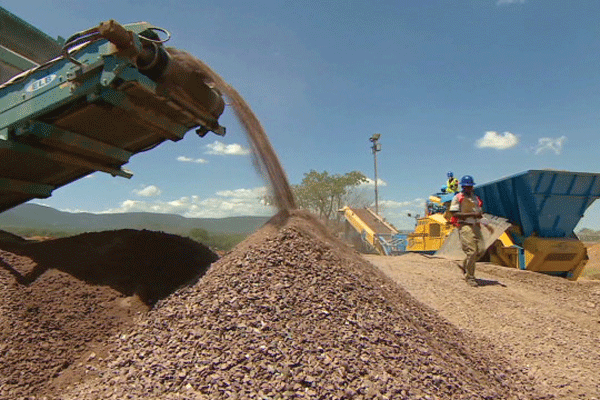
BY VANESSA GONYE
THE government of Japan has advanced a US$624 907 grant to the Halo Trust to intensify clearing of landmines, particularly in Mashonaland Central province.
Halo Trust has cleared more than 18 000 landmines in the province, with assistance from the east Asian country.
Zimbabwe is one of the most heavily mined countries in the world and to date over 90 000 landmines have been deactivated countrywide.
Unfenced minefields in Mashonaland Central, close to the Mozambican border, have killed or injured over 1 500 people and more than 100 000 cattle.
Speaking at the grant-signing ceremony on Wednesday, Japanese ambassador to Zimbabwe, Toshiyuki Iwado said his government was focusing on helping remote communities meet their basic needs.
He pledged continued support in Rushinga district which is heavily burdened by landmines.
“We have supported landmine clearance through the Halo Trust since 2013 and this is our sixth project. I am pleased to note that, according to a survey done by the Halo Trust, previous landmine clearance has meant that communities now have more food and better access to water sources and more children can walk safely to school,” he said.
- Chamisa under fire over US$120K donation
- Mavhunga puts DeMbare into Chibuku quarterfinals
- Pension funds bet on Cabora Bassa oilfields
- Councils defy govt fire tender directive
Keep Reading
In some areas, students have to make a two-hour detour to school everyday to avoid crossing the minefield.
Iwado applauded the work by the deminers who “spend their days on their hands and knees in extreme heat, clearing the soil inch by inch”.
The previous five projects have cleared about 900 000m² of ground and removed more than 14 000 landmines.
The new project, running for a year, will support five demining teams.
The Japanese government also gave grants to two beneficiaries, Utete Secondary School and Mashoko Christian Hospital.
The two are in districts that have not previously benefited from the Grant Assistance for Grassroots Human Security Projects (GGP) by the Japanese government.
Iwado said the new undertakings by his government were a result of the pledge they made at the Tokyo International Conference on African Development (TICAD7) where they promised to improve the quality of life in all spheres.
“When African countries gathered at the TICAD7, held in August last year, they all agreed that basic education is key for development. Also at TICAD7, African countries and Japan committed to promoting universal health coverage,” he said.
Japan committed to help over three million people access to quality education and healthcare in Africa.
The grants given to the three beneficiaries totalled US$838 246; a total of 135 projects have been carried out through the GGP programme with a total funding of more than US$12 million.











